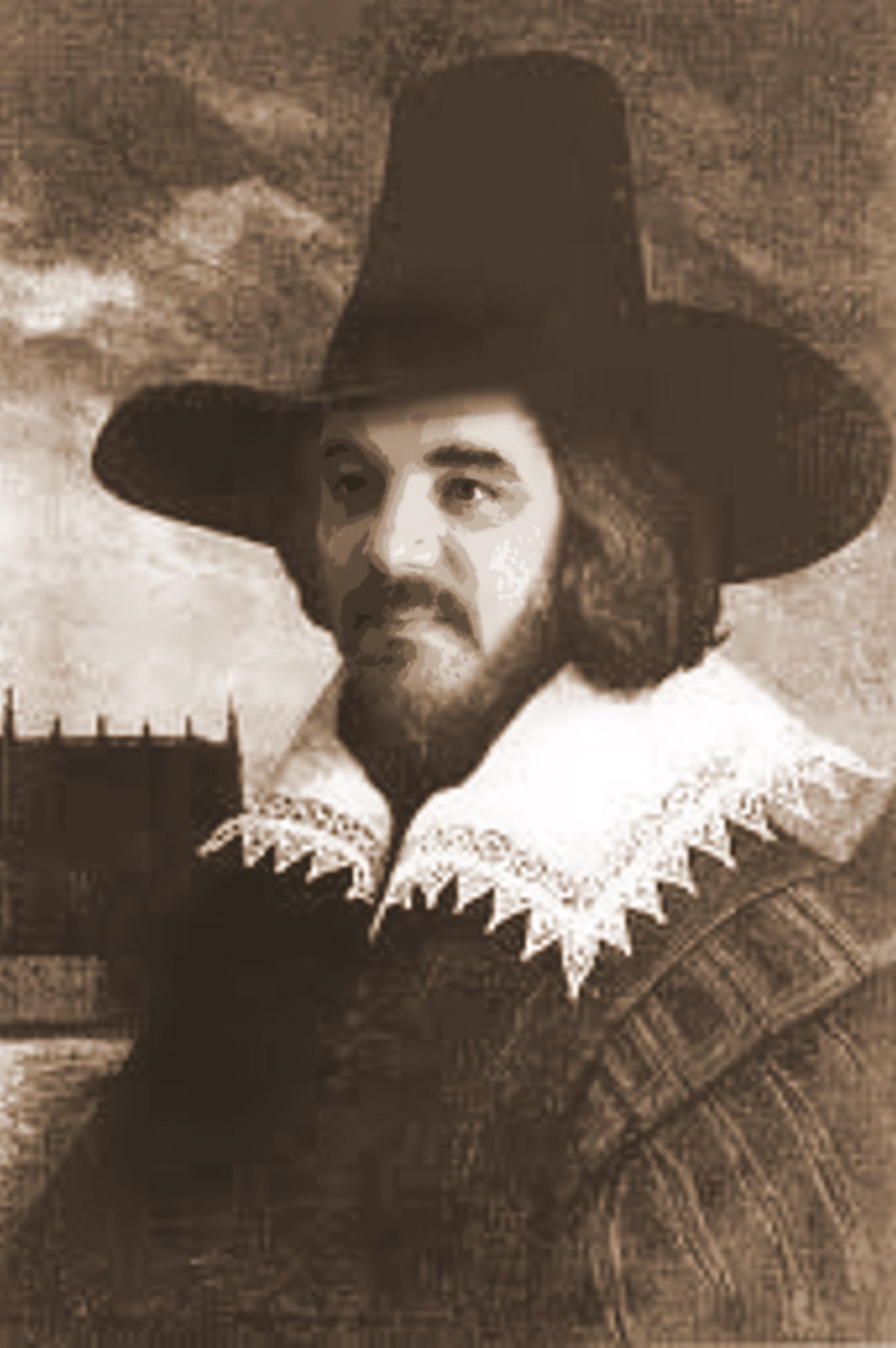
Guy |
Fleming
Barras achieved his majority in 1666, the
same year as his close friend Isaac Newton made revolutionary
inventions and discoveries in calculus, motion, optics
and gravitation.
As such, 1666 later became known as Isaac Newton's "Annus
Mirabilis." ("Year of Wonders").
Margaret's
Montgomery's* remaining
possessions were handed down the family line, eventually
finding their way into the hands of Fleming
Barras who showed academic flair and a thirst for knowledge.
Fleming
took the inherited chest and studied it's
contents
and secrets. With a keen interest
in science and alchemy developing, he moved South
and eventually found a position as an assistant within
the
science faculty near Cambridge.
Fleming
met and befriended Newton and quickly impressed him
with this work ethic, commitment and depth of knowledge.
The two became thick as thieves, spending
hours long into the night discussing the nature
of all
things both scienfitc and mystical.
When the plague eventually closed the University,
the two friends were sadly separated
and
Fleming
then returned to his home in Scotland, whilst Newton
went on to London to publish. Newton finally gained
his renowned reputation and recognition
back at Cambridge, but of Fleming, nothing had been
heard for some years.
Finally
given the freedom to develop his interests, Fleming
began
to
increase his latent skills to influence changes
in natural phenomena such as gravity and the passing
of time and the manipulation of space.
Three
winters after he first met Newton, Fleming disappeared
suddenly without trace – just
like his great grandmother*
It is believed that shortly before he vanished,
Fleming sent word to his long time friend Newton to
explain his theories, the content of which, rocked Newton's
belief
in his own works and influenced deeply his previously
held views with regard to religion, nature and science.
This was to cause him some troubles later in his career.
* Please refer to the prequel album
"Anser's Tree"
|

